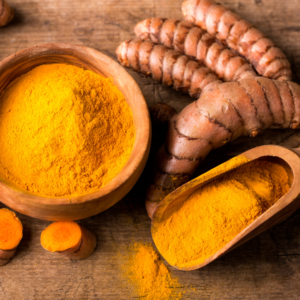Losing weight postpartum is a common concern for many new mothers. A healthy diet for postpartum recovery is essential to support your body’s healing and provide the necessary nutrients for breastfeeding if you choose to breastfeed your baby. Keep in mind that every person’s nutritional needs are unique, and it’s essential to consult with a healthcare provider or a dietitian to create a personalized plan that suits your individual needs and preferences. However, here are some general dietary guidelines for the postpartum period:
- Stay Hydrated:
Drink plenty of water to stay well-hydrated, especially if you are breastfeeding.
- Nutrient-Rich Foods:
Focus on nutrient-dense foods to help your body recover and provide essential nutrients for your baby. Include a variety of fresh fruits, fresh vegetables, lean proteins, whole grains, and healthy fats in your diet.
- Protein:
Protein is crucial for tissue repair and milk production if you’re breastfeeding. Good sources of protein include lean meats, poultry, fish, eggs (if non-vegetarian), dairy products, legumes, nuts and tofu (for vegetarians).
- Whole Grains:
Whole grains like brown rice, quinoa, and whole wheat bread provide energy and fiber, which can help regulate digestion.
- Fruits and Vegetables:
These are rich in vitamins, minerals, and fiber. Aim for a variety of colourful fruits and vegetables to ensure you get a broad range of nutrients.
- Healthy Fats:
Include sources of healthy fats such as nuts, seeds, avocados and olive oil in your diet. These fats are important for overall health and can support brain development in your baby if you’re breastfeeding.
- Iron:
Many postpartum women are iron-deficient due to blood loss during childbirth. Include iron-rich foods like lean meats, poultry, beans, and leafy greens. Consider taking an iron supplement if advised by your healthcare provider.
- Calcium:
Dairy products, fortified plant-based milks, and dark leafy greens are excellent sources of calcium, which is vital for your bones and your baby’s development if you’re breastfeeding.
- Fiber:
To prevent constipation, include high-fiber foods such as whole grains, fruits, vegetables, and legumes in your diet.
- Omega-3 Fatty Acids:
Fatty fish (like salmon and trout), flaxseeds, chia seeds, and walnuts contain omega-3 fatty acids, which are beneficial for your overall health and may support your baby’s brain development if you’re breastfeeding. If fish doesn’t work, you can always avoid it
- Small, Frequent Meals:
Eating smaller, more frequent meals and snacks can help maintain your energy levels and stabilize blood sugar.
- Limit Processed Foods:
Minimize your intake of processed and sugary foods, as they can lead to energy crashes and provide little nutritional value.
- Caffeine and Alcohol:
If you choose to consume caffeine or alcohol, do so in moderation, and consider the potential impact on breastfeeding and your baby’s health.
- Take a Prenatal Vitamin:
Continue taking a prenatal vitamin to fill any nutrient gaps in your diet, especially if you’re breastfeeding.
Remember that it’s essential to listen to your body and not rush the process of getting back to your pre-pregnancy weight. Postpartum recovery is a gradual process, and it’s essential to prioritize your health and well-being during this period. Consult with a healthcare provider or best dietician in mumbai for postpartum weight loss plan mumbai to get help with personalized guidance and recommendations.







